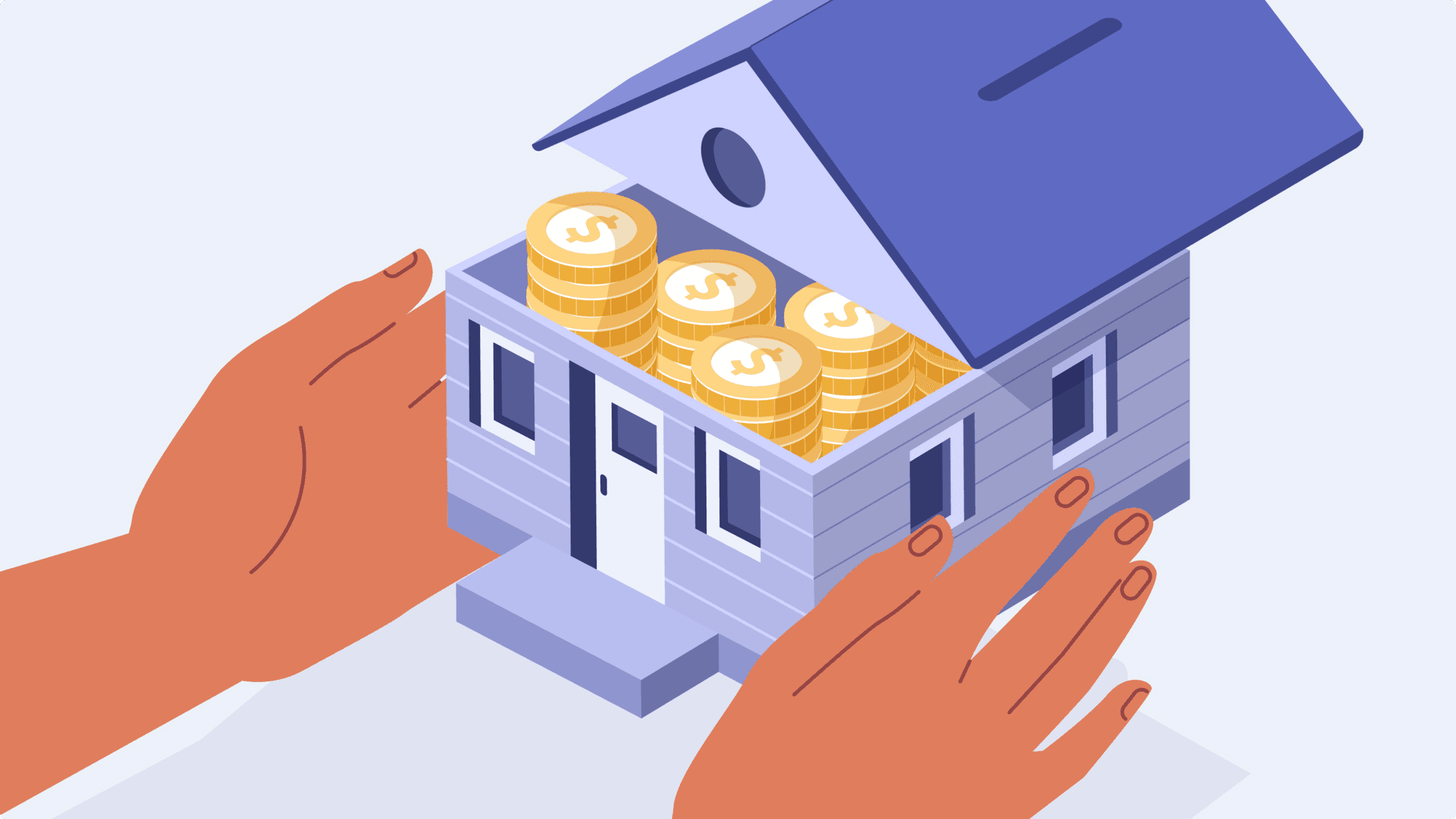Commercial Mortgages: Everything You Need to Know in 2025

If you’re planning to buy or refinance a property for business purposes—think office space, apartment complexes, retail buildings, or warehouses—you’re going to need a commercial mortgage. But what exactly does that mean? How is it different from a residential mortgage? And more importantly, how do you qualify?
What Is a Commercial Mortgage?
A commercial mortgage is a loan used to purchase or refinance property that is used for business purposes. Unlike a residential mortgage (used to buy a home), commercial mortgages are geared toward:
- Office buildings
- Industrial properties
- Apartment complexes (typically 5+ units)
- Shopping centers
- Hotels or motels
- Mixed-use buildings
These loans are often made to business entities (LLCs, corporations, etc.), not individuals, and they tend to have stricter requirements, higher interest rates, and shorter terms.
How Do Commercial Mortgages Work?
Here’s the gist:
- Loan term: Typically 5 to 20 years
- Amortization period: Can be longer than the loan term (e.g., 25 or 30 years), meaning you may have a balloon payment at the end
- Interest rates: Usually higher than residential rates and can be fixed or variable
- Down payment: Often 20–30% or more
- Collateral: The commercial property itself
Because of the higher risk, lenders will look closely at the business’s finances, the property’s income potential, and your creditworthiness.
Explore Our Mortgage Calculators
Mortgage Calculator
Easily calculate your mortgage payments with our quick and intuitive tool.
FHA Loan Calculator
Learn about FHA loans and how they can help you purchase your dream home.
VA Loan Calculator
Explore VA loan benefits designed specifically for veterans and active-duty military.
Types of Commercial Mortgage Loans
There’s no one-size-fits-all here. Here are the main types of commercial mortgages you might come across:
1. Traditional Commercial Loans (from banks or credit unions)
- Best for established businesses with strong credit
- Offers competitive rates
- Requires detailed financials and higher down payments
2. SBA 7(a) and SBA 504 Loans
- Backed by the U.S. Small Business Administration
- Lower down payments (as low as 10%)
- Long repayment terms (up to 25 years)
- Slower approval process
3. Commercial Bridge Loans
- Short-term financing (6–36 months)
- Used for property renovation, quick purchases, or stabilizing cash flow
- Higher interest rates
4. Hard Money Loans
- Asset-based lending
- Easier to qualify but comes with high interest rates and fees
- Best for investors who need quick funding
How to Qualify for a Commercial Mortgage
Qualifying isn’t as simple as showing your credit score. Here’s what lenders are looking at:
- Credit Score – Both business and personal (often 660+)
- Down Payment – Usually 20% or more
- Debt-Service Coverage Ratio (DSCR) – Ideally 1.25 or higher,
- Business Financials – Tax returns, profit & loss, cash flow
- Property Value – Based on appraisal or projected income
Pros and Cons of Commercial Mortgages
Tips Before Applying for a Commercial Mortgage
- Get your finances in order. Lenders will scrutinize your business and personal credit.
- Shop around. Compare rates, fees, and terms from banks, credit unions, and alternative lenders.
- Work with a commercial mortgage broker. They can help match you with the right lender.
- Consider your business structure. Most commercial loans go to LLCs or corporations.
- Think about your exit plan. Will you sell, refinance, or pay off the balloon?
Final Thoughts
A commercial mortgage can open the door to long-term business growth—but it’s not something to jump into lightly. Do your homework, understand your numbers, and compare your options. Whether you’re investing in rental property or expanding your current business, getting the right financing makes all the difference.
FAQs About Commercial Mortgages
What is the typical down payment on a commercial mortgage?
Most lenders require 20% to 30% down, though SBA loans may offer lower options (as low as 10%).
Are commercial mortgage rates higher than residential?
Yes. Commercial rates are typically 1–2% higher due to increased risk and shorter loan terms.
Can I get a commercial mortgage with bad credit?
It’s more difficult but not impossible. You may qualify through alternative lenders or hard money loans—just expect higher rates and stricter terms.
Today's
Mortgage Rates
We use your calculator inputs to find mortgage rates matching your loan terms in real-time.
Read More
How Much Does It Cost to Refinance a Mortgage?
How much does it cost to refinance a mortgage? Learn the typical fees, what affects them, and how to decide if refinancing is worth it for you.
Is It a Good Time to Buy a House?
Is it a good time to buy a house? Discover current market trends, mortgage rates, and key factors to decide if now is the right time for you to buy a home.
Cash Out Refinance Rates: What to Know in 2025
Curious about current cash out refinance rates? This 2025 guide breaks down how they work, what affects them, and how to get the best deal—whether you’re tapping into home equity or comparing lenders.
How Much Is Mortgage Insurance? Complete 2025 Guide
Discover how much mortgage insurance costs, what factors influence your premiums, and how to reduce your expenses in this comprehensive guide.
No Down Payment | First-Time Home Buyer Guide 2025
Buying your first home with no down payment is possible in 2025. Discover top programs, tips, and how to qualify—even with limited savings.






